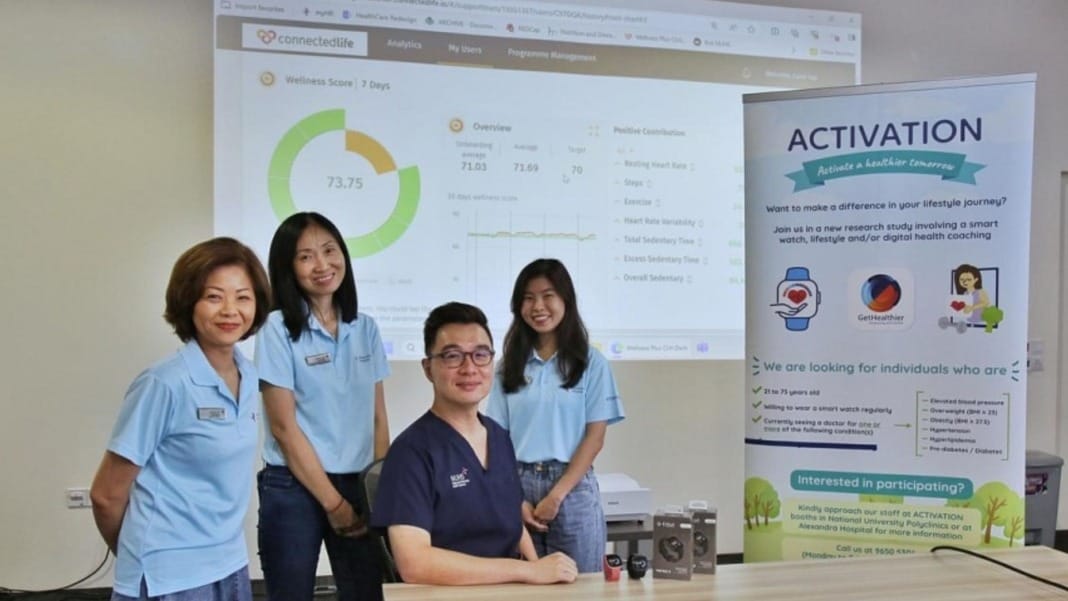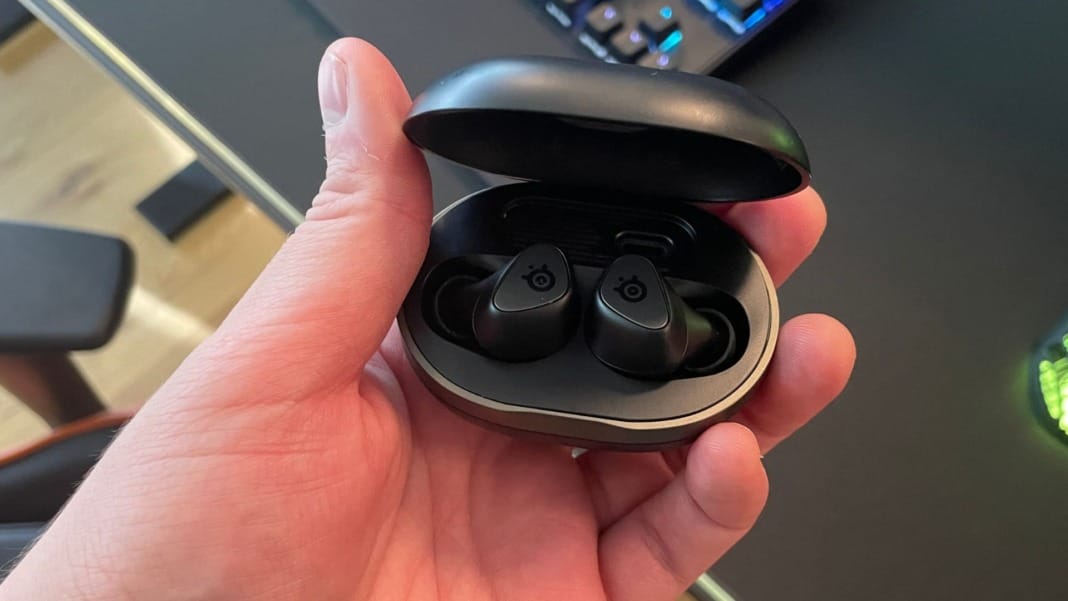Alexandra Hospital (AH) has teamed up with Google to launch the ACTIVATION research project. This initiative targets people at risk of developing hypertension, diabetes, high cholesterol, and obesity and aims to test whether digital health tracking and personalised coaching can create lasting lifestyle changes. By recruiting 1,700 participants aged 21 to 75, AH hopes to determine if combining digital technology with tailored support can improve health outcomes.
A targeted approach to recruiting participants
Currently, 275 people have joined the programme, recruited through referrals from family doctors and general practitioners (GPs) at polyclinics in the western region. Dr Alexander Yip, Head of AH Healthcare Redesign, shared the hospital’s determination to meet its target without expanding beyond the western region. “We are confident we’ll reach our target of 1,700 participants,” Dr Yip said. “We’re currently limited to the West as our recruitment points are through the National University Polyclinics (NUPs) and AH. However, we’re hopeful that this could become a nationwide programme in the future.”
How the ACTIVATION programme works
Participants will receive a free Google Fitbit smartwatch and download the Healthier SG app to link it to their watch. This connection will allow them to receive updates on their daily activity, health metrics, and lifestyle choices directly from the app. To understand the effectiveness of digital interventions, participants will be divided into three groups, each receiving a different level of digital support:
- Smartwatch only – This group will wear the Fitbit without additional digital tools.
- Smartwatch with lifestyle tracking app – This group will have access to a dedicated app that provides feedback on their lifestyle choices and gentle reminders to encourage healthier habits.
- Smartwatch with full support, including a dashboard and digital health coach – In this group, participants will have access to a dashboard, the nudging system, and support from a digital health coach. AH has hired three coaches to guide these participants using the ConnectedLife app, which tracks health markers and provides personalised support.
This setup allows researchers to compare the impact of each level of intervention, from basic tracking to fully supported coaching. When asked if other health trackers might be added to the programme, Dr Yip said they are currently limiting it to Google Fitbits to maintain consistency. However, he noted that other devices might be included in the future.
Combining technology with human support for long-term change
The ACTIVATION programme takes a personalised approach, with Dr Yip explaining that simply providing wearables isn’t enough to drive lasting change. “We’re not just putting a device on participants and setting up automated nudges,” he said. “Our focus is on understanding each participant’s motivations, personality, and readiness to change while using digital markers from the Fitbit to support health behaviour change.”
The ConnectedLife app collects clinical data, such as BMI, blood pressure, and lifestyle, including physical activity levels. For those in the “Watch + Dashboard + DHC” group, the Digital Health Coach (DHC) will use this information to set customised lifestyle goals and provide guidance tailored to each individual’s needs.
If needed, the study will include three in-person follow-ups for physical measurements such as waist circumference and blood tests. These check-ins will occur at the programme’s start, after six months, and after twelve months. Additionally, participants will complete brief surveys about their healthcare usage in the third and ninth months.
Through this trial, AH and Google aim to explore whether personalised coaching and digital health monitoring can drive long-lasting improvements in lifestyle and overall health, especially in those at risk for chronic conditions. The team hopes to gather valuable data to shape future national health initiatives, potentially expanding the programme across Singapore.





